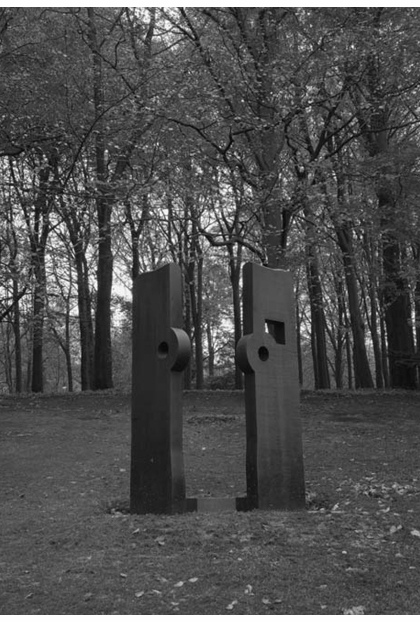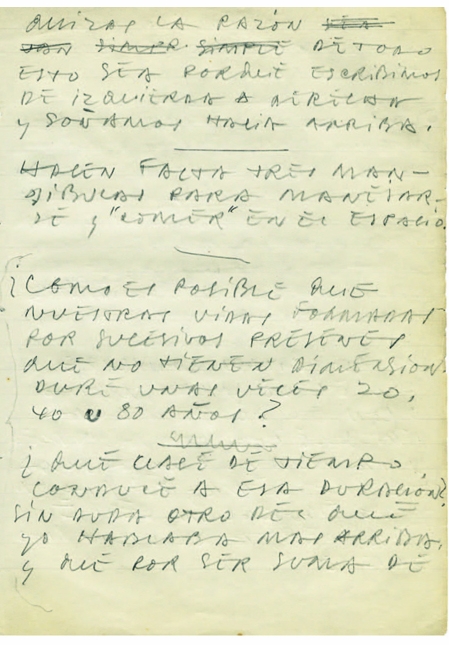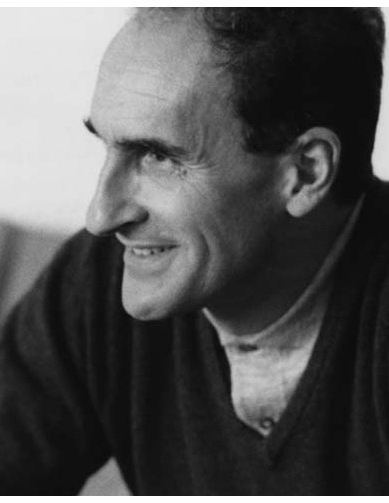| |||||||||||||||||||||||||
ARTBOOK BLOGEventsStore NewsMuseum Stores of the MonthNew Title ReleasesStaff PicksImage GalleryBooks in the MediaExcerpts & EssaysArtbook InterviewsEx LibrisAt First Sight2025 Gift GuidesFeatured Image ArchiveEvents ArchiveDATE 2/1/2026 Black History Month Reading, 2026DATE 2/1/2026 Join Artbook | D.A.P. at Shoppe Object New York, February 2026DATE 1/31/2026 CULTUREEDIT presents 'Daniel Case: Outside Sex'DATE 1/28/2026 Center for Co-Architecture Kyoto presents 'Archigram: Making a Facsimile – How to make an Archigram magazine'DATE 1/28/2026 Dyani White Hawk offers much needed 'Love Language' in MinneapolisDATE 1/25/2026 Stunning 'Graciela Iturbide: Heliotropo 37' is Back in Stock!DATE 1/22/2026 The groundbreaking films of Bong Joon HoDATE 1/22/2026 ICP presents Audrey Sands on 'Lisette Model: The Jazz Pictures'DATE 1/21/2026 Guggenheim Museum presents 'The Future of the Art World' author András Szántó in conversation with Mariët Westermann, Agnieszka Kurant and Souleymane Bachir DiagneDATE 1/19/2026 Rizzoli Bookstore presents Toto Bergamo Rossi, Diane Von Furstenberg and Charles Miers on 'The Gardens of Venice'DATE 1/19/2026 Black Photojournalism, 1945 to 1984DATE 1/18/2026 Artbook at MoMA PS1 presents Paul M. Farber and Sue Mobley launching 'Monument Lab: Re:Generation'DATE 1/17/2026 Artbook at Hauser & Wirth Los Angeles Bookstore presents Peter Tomka on 'Double Player' | EXCERPTS & ESSAYSEDUARDO CHILLIDA | DATE 10/12/2010An Excerpt from Eduardo Chillida: WritingsEduardo Chillida (1924–2002) is among the sculptors who have contributed most decisively to the vocabulary of abstract sculpture, and to its material innovations, in twentieth-century European art — although he himself envisaged abstraction as simply a truer “realism,” as an undistorted account of material properties. Along with clay, stone and concrete, Chillida particularly favored wrought iron, using it to achieve robust sensations of both mass and movement, at once affirming solidity and defying gravity. Chillida's writings, published here for the first time, take the reader into the sculptor's independent-minded musings on the nature of sculpture. These philosophical and theoretical reflections, and the practical and interpretive notes he made on his work, make for a basic manual on sculpture, a uniquely articulate meditation on forms and a clue into the energies at play in his work. Excerpts are found below, along with images from the book."I am an outlaw. I realized that the power of reason lay in its capacity to make us understand its own limitations, that is, only irrational people believe that they can do everything. The power of reason is that it tells you how far you can go, it knows. We can do anything but is there time to do everything? This is where another condition comes into play: temporality."  "My work is always inspired by the desire to know. I have said on more than one occasion that I know the work before making it, but at the same time, I do not know or want to know how it will be. The reason for my unorthodox attitude is because works that are known a priori are born dead, because the artist who makes them is dead."  "For me... 'unattainable limits' are very important, because without them I would see the world very flatly and the third dimension would disappear. This has tremendous depth: it is the depth of mystery, which is always present. The limits I use often in my work also exist in possibilities. I have had infinite crises throughout the course of my life – above all when I was younger – in this area, but one day everything was resolved with a single and seemingly vulgar idea: I realized that the power of reason was its capacity to make us comprehend its own limitations. Reason tells me something definitive about death but is limited in relation to itself. Religion is also, for me, about 'unattainable limits', because without it I would see the world very flatly, the third dimension would disappear. The world has terrible depth."  "I have spent my life in my studio – my favorite place – searching for the unknown. There I have found that time exists in my sculpture. It exists in a version that is not the standard temporal one. Rather, this version is time’s brother: space. Space is the twin brother of time.
They are two concepts that are absolutely parallel and similar. And because I am so conditioned by space, I have always been interested in time. In fact, my time is very slow: traditional time – that of the clock – does not interest me. I am interested in a concept of time that is about harmony, rhythm, and dimensions."
|